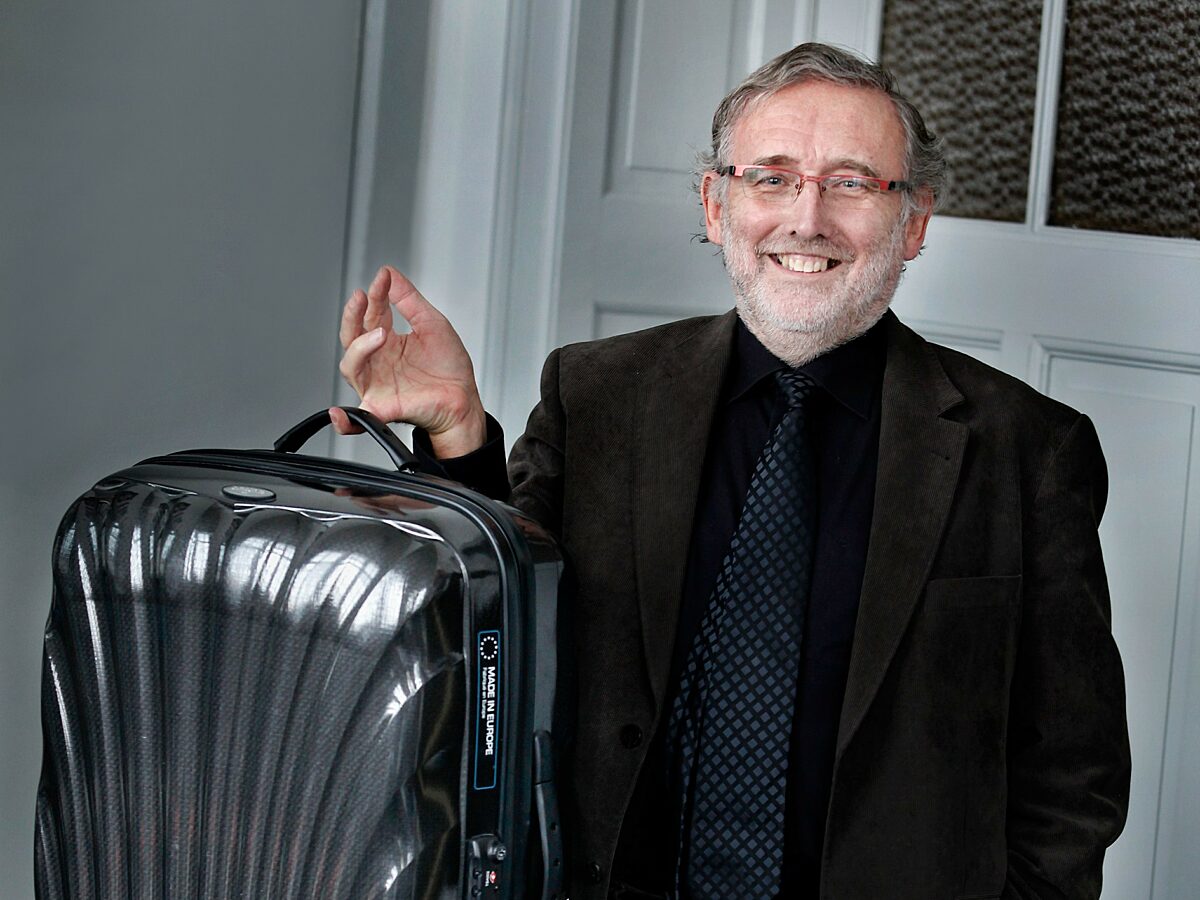KU Leuven's pioneering research with major impact on our day-to-day lives
KU Leuven boasts a strong international reputation for research excellence and securing funding from the most prestigious research funds, including the ERC Grants, awarded by the European Research Council.
Research, that impacts our day-to-day lives.

Leuven - the banana metropolis
Banana research may seem trivial, but the banana is key to the daily nutrition of 1 billion people.
KU Leuven houses the biggest collection of banana genes in the world. This collection contains both edible and non-edible bananas. Genetic diversity ensures that organisms are less susceptible to threats and KU Leuven helps maintain this diversity. KU Leuven has already distributed more than 17,000 banana samples to researchers and farmers in over 109 countries.

STRONGER SUITCASES
Samsonite, a leading luggage manufacturer, wanted to develop a lightweight, strong suitcase.
KU Leuven teamed up with Samsonite, adapting a synthetic composite material. A layered design was developed with a top layer providing protection against scratches, and additional middle layers enhancing the impact resistance. The first prototypes of the suitcases were made in Leuven.

Encryption standard to keep you safe
You might not think of it when you swipe your credit card, log in to a Wi-Fi hotspot or open up your highly secured online banking app, but the very algorithm keeping all of your precious data secure is, in fact, a creation of KU Leuven's Department of Electrical Engineering.

Medical Breakthroughs
KU Leuven has a long tradition of developing innovative and effective medications.
In 1979 researchers isolated and characterised tissue plasminogen activator (tPA). Administered as a medication, tPA treats heart attacks and strokes and has saved numerous lives. Millions of patients have benefited from this medication.
Another important medical breakthrough at KU Leuven was the discovery in 1993 of the antiviral agent tenofovir, in collaboration with IOCB in Prague and Gilead Sciences. Drugs containing tenofovir are effective at reducing the HIV-titre in the blood, stopping the infection from being lethal. HIV-infected patients treated with these medications can control the disease for many years. The drug is sold at production cost in developing countries. At this moment, about 10 million people in the third world receive an HIV-therapy based on tenofovir.